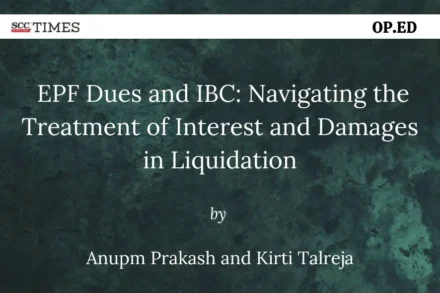
EPF Dues and IBC: Navigating the Treatment of Interest and Damages in Liquidation
by Anupm Prakash* and Kirti Talreja**

by Anupm Prakash* and Kirti Talreja**
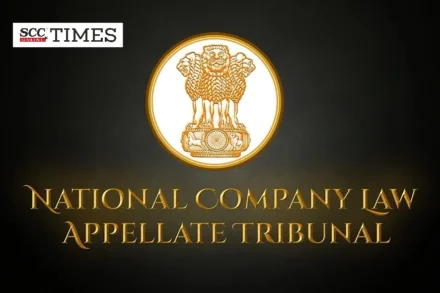
The NCLAT reinforced that not all financial transactions qualify as financial debts under the IBC.
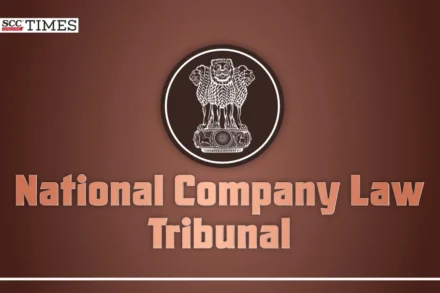
The NCLT noted that Form AA, meant for individual Insolvency Professionals, had been modified by the Insolvency Professional Entity to fit its consent as no separate form for IPEs exists.
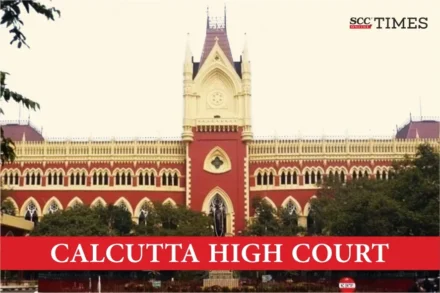
The Calcutta High Court said that the principle of comity of nations and comity of courts had been recognized by the Indian Courts by giving adequate weightage to orders or decrees of a foreign court while deciding any proceeding in a domestic court.
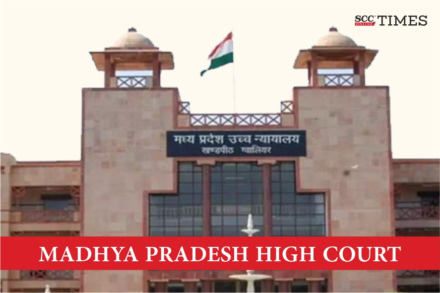
The Court held that the proceedings under Section 138 of the Negotiable Instruments Act, 1881 are penal in nature and not akin to civil recovery proceedings.

The NCLT stated that the petitioner neither had a direct contractual relationship with the respondent, nor was the respondent provided with any goods/services, thereby disqualifying them as an operational creditor.

“Section 7 of the Insolvency and Bankruptcy Code, 2016 states a financial creditor, either by itself or jointly, with other financial creditors, or any other person on behalf of the financial creditor, may file an application for initiating corporate insolvency resolution process against a corporate debtor before the Adjudicating Authority when a default has occurred.”
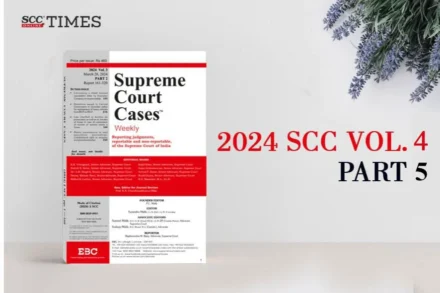
Arbitration and Conciliation Act, 1996 — Ss. 34 and 37 r/w Ss. 2(4) and 16 — Jurisdiction of arbitrator to adjudicate under

The Delhi High Court emphasised that if the relevant documents are not provided to a party, the whole procedure of issuance of Show Cause Notice would be reduced to an empty formality.
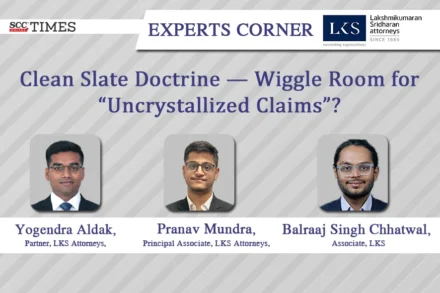
by Yogendra Aldak†, Pranav Mundra†† and Balraaj Singh Chhatwal†††
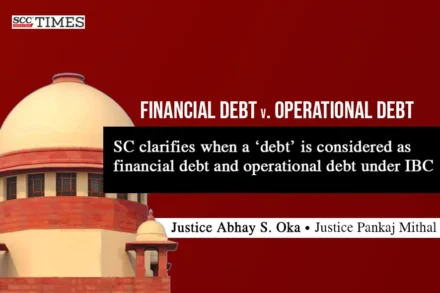
“While deciding that whether a debt is a financial debt or an operational debt arising out of a transaction covered by an agreement or arrangement in writing, it is necessary to ascertain what is the real nature of the transaction reflected in the writing.”
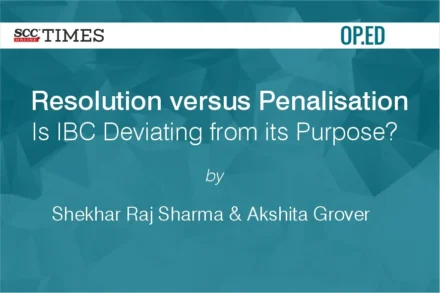
by Shekhar Raj Sharma* and Akshita Grover**

“It is trite that the international treaty obligations are required to be followed strictly and any deviation therefrom would have adverse effects including downgrading of the business interests of country in the international community.”

NCLAT upheld appellant’s classification as a Financial Institution and it’s liability to pay Liquidation Costs.
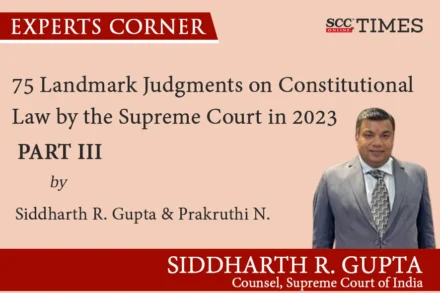
by Siddharth R. Gupta* and Prakruthi N.**
Cite as: 2024 SCC OnLine Blog Exp 20
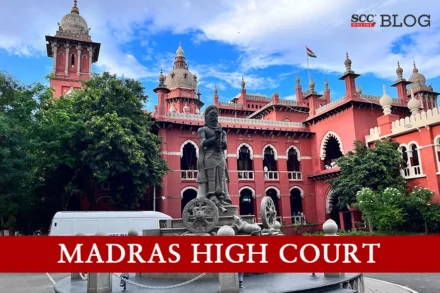
“Regulations and Byelaws framed under Section 204 IBC clearly provide checks and balances. Therefore, it cannot be said to be confirmation of excessive or unbridled power”
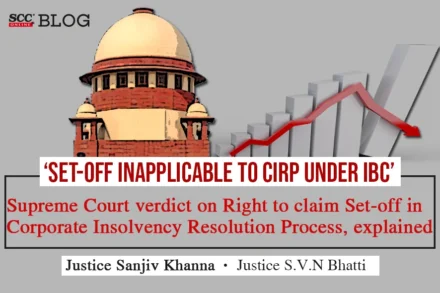
“If a Resolution Professional proceeds in terms of Section 25 of the IBC and secures the assets from the creditors, the creditors would not be entitled to claim set-off during the course of the Corporate Insolvency Resolution Process.”
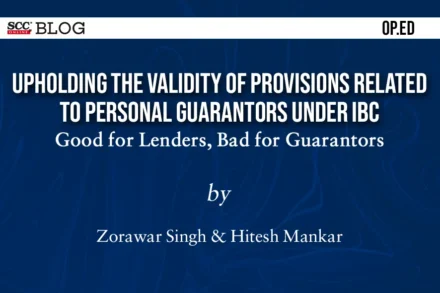
by Zorawar Singh† and Hitesh Mankar††
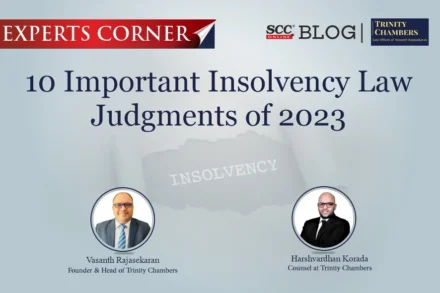
by Vasanth Rajasekaran† and Harshvardhan Korada††
Cite as: 2024 SCC OnLine Blog Exp 1
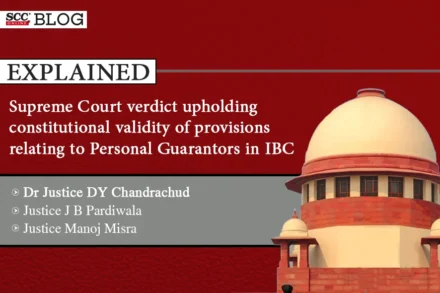
“The principle aims of IBC are to promote investment, and resolution of insolvencies of corporate persons, firms, and individuals in a time bound manner. The IBC consolidated and amended a web of laws which had led to an ineffective and inefficient mechanism for resolution of insolvencies marked with significant delay”